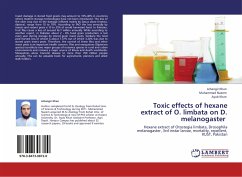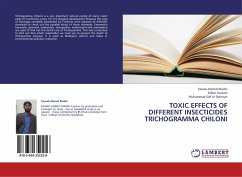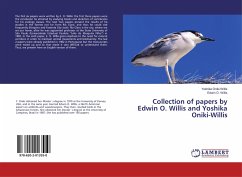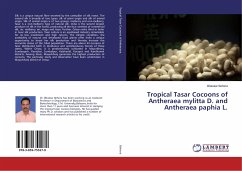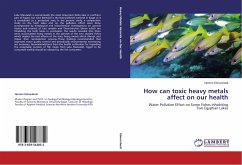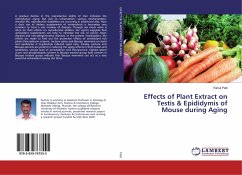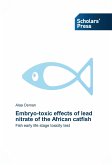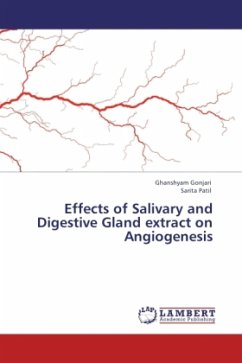Insect damage in stored food grains may amount to 10%-40% in countries where modern storage technologies have not been introduced. The loss of the olive crop due to the damage inflicted mainly by Dacus oleae (Insecta, diptera), range from 10 to 70%. According to FAO the loss annually by insects and rodent pests is 10 to 25% of world harvested food. In Pakistan, fruit flies cause a loss of around Rs.7 million annually. While according to another report, in Pakistan about 2 - 6% food grain production is lost every year during storage by stored grain insect pests. Similarly the total post harvest loss of wheat is about 7.37% out of which 3.24% was due to stored grain insect pests. Therefore, the control of these flies and other insect pests is an important health concern. Flies and mosquitoes (Dipterans species) constitute two major groups of nuisance species in rural and urban environments and remains a major source of illness and death worldwide. Mosquitoes alone transmit disease to more than 700 million people annually. This can be valuable book for agriculturist, planners and allied stalk holders.

